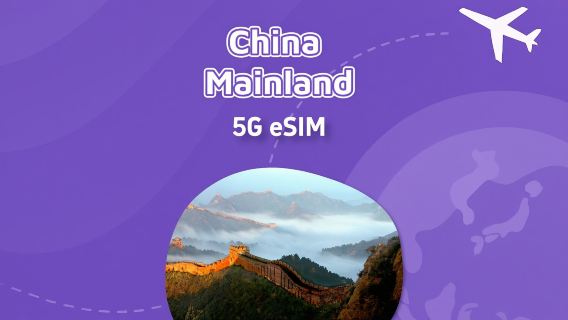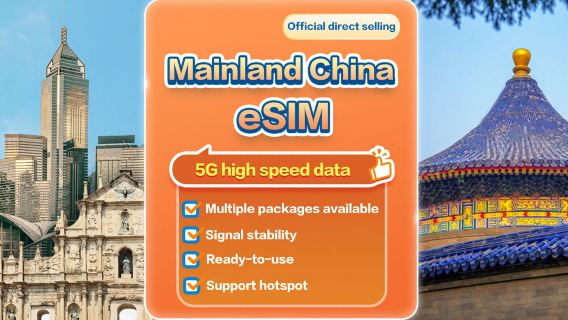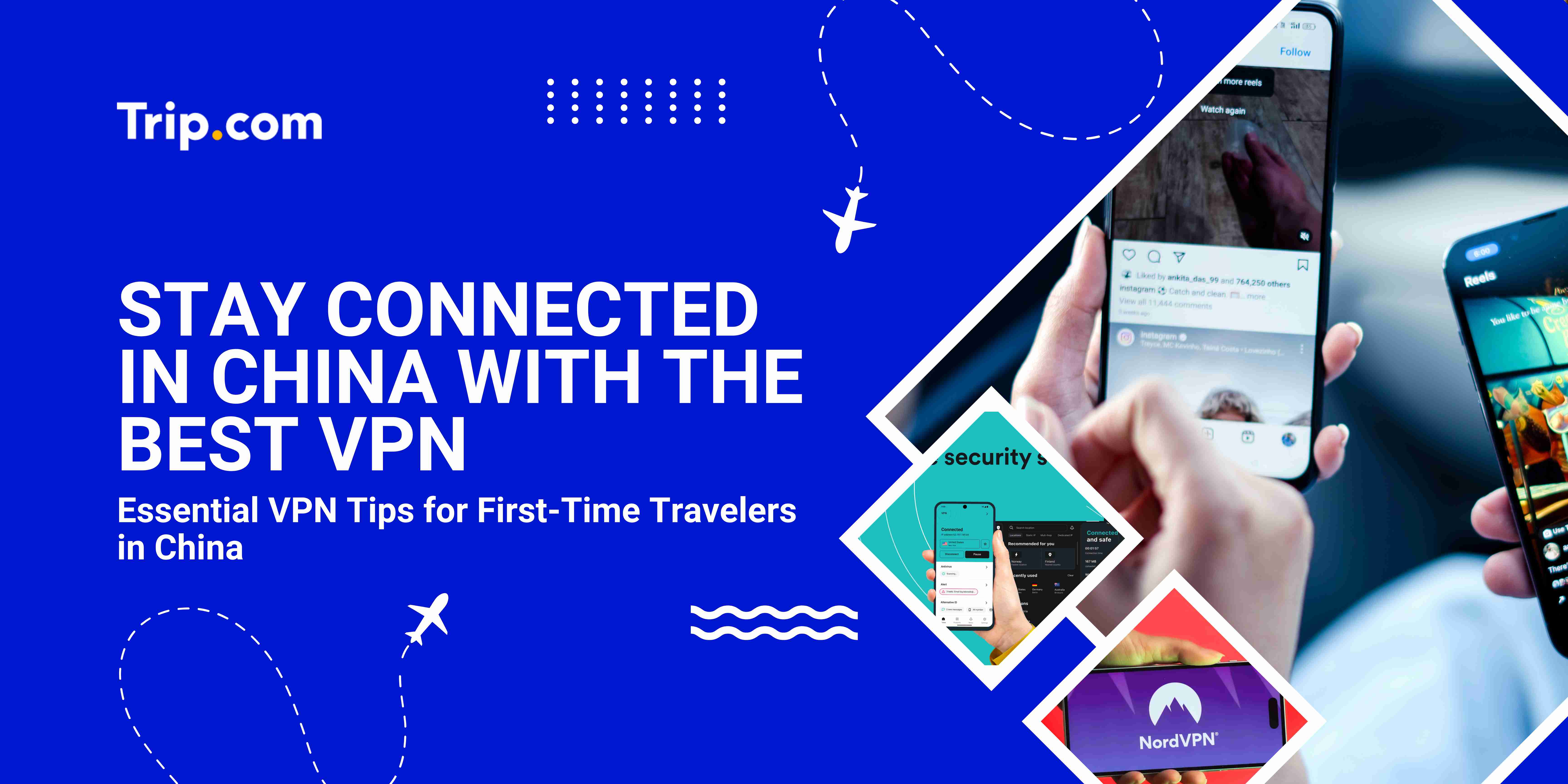
Not sure how to stay connected in China? A VPN is your best friend. For Filipino travelers, it’s the easiest way to access apps and websites that might not work normally once you land in China.
This guide explains why a VPN matters, how it helps you use everyday apps like Facebook, Instagram, or Gmail, and what to look for when choosing one. With it, you can save time, avoid stress, and stay connected to family and friends while exploring the country.
What is a VPN and How Does it Work?
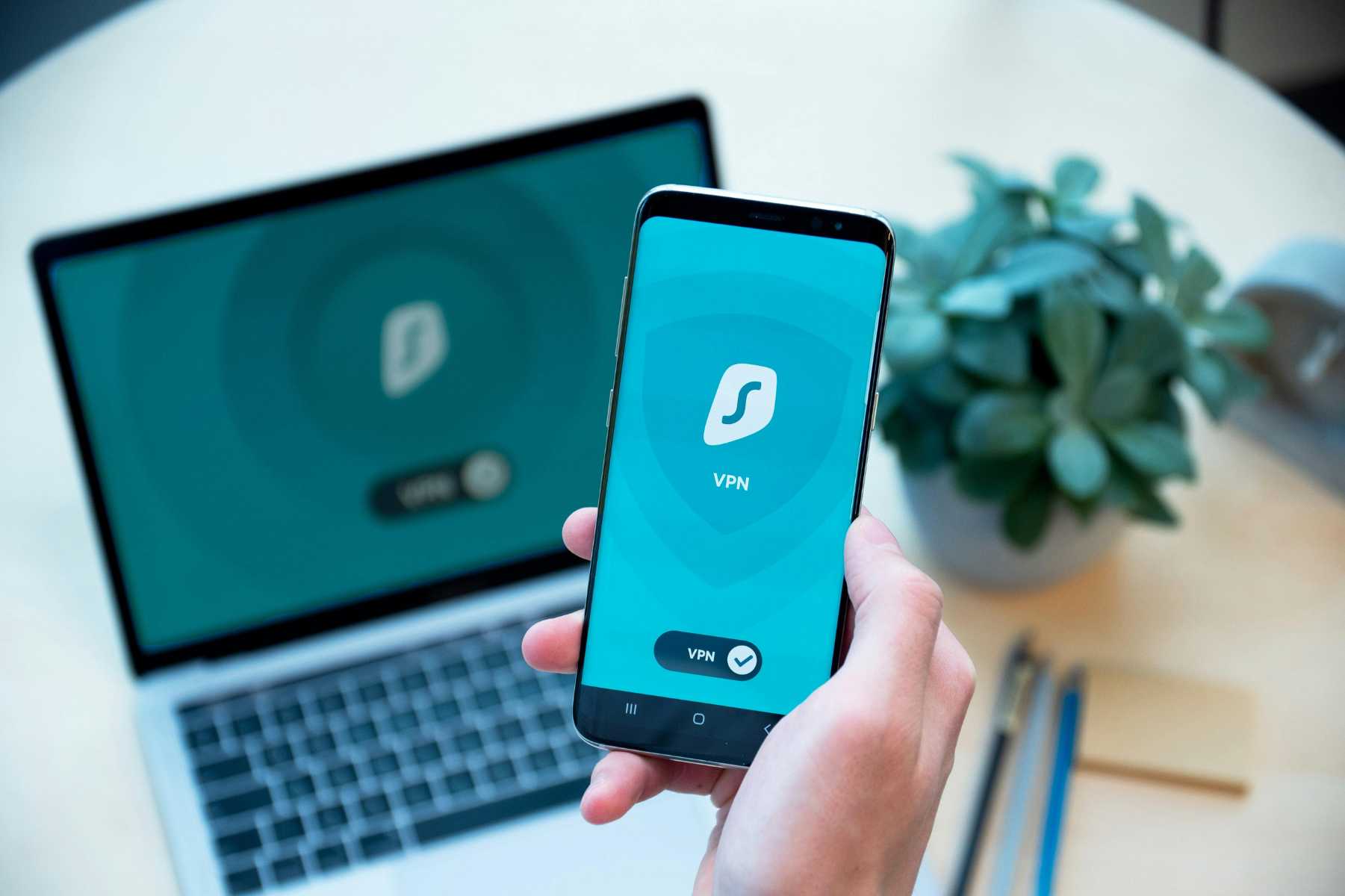
A VPN, or Virtual Private Network, is like a tool that helps you go online safely and freely. When you use a VPN in China, your internet connection is routed through a secure server in another country—like the Philippines, the US, or anywhere else.
In simple terms, it’s like having a private tunnel on the internet. Through this tunnel, you can still open Facebook, YouTube, Google, or any other apps that normally won’t work in China. At the same time, it keeps your personal data protected while you’re browsing.
Why Filipinos Need a VPN in China 🌏
If you’re a Filipino heading to China, one of the first things you’ll notice is that a lot of the apps and sites we use every day are not accessible there. Facebook, Instagram, YouTube, even Google and Gmail won’t open. For many of us, that means no easy way to update family back home, check school or office emails, or even read the news the way we’re used to.
That’s why many travelers from the Philippines make sure to set up a VPN (Virtual Private Network) before flying out. A VPN lets you connect to the internet securely and still access the apps and sites you rely on, so you don’t feel cut off while you’re in China.
Best VPNs for Filipinos in China
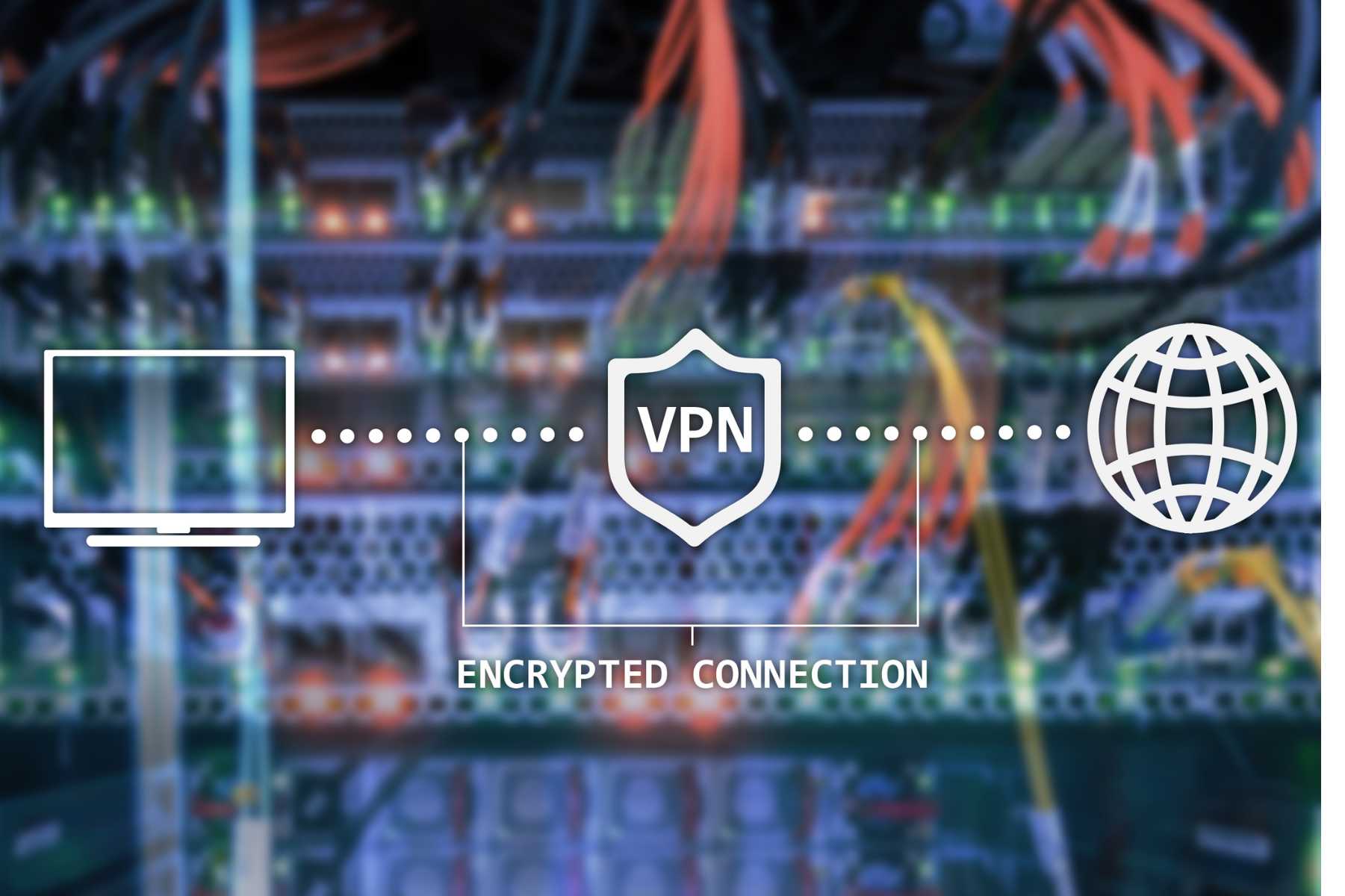
VPN Provider | Price (Monthly)* | Speed (Mbps)** | Success Rate | Platforms Supported |
|---|---|---|---|---|
Surfshark | From US $1.99 (₱113.82) | ~950 Mbps | Excellent | iOS, Android, Windows, macOS, Linux, routers |
NordVPN | From US $3.09 (₱176.63) | ~950 Mbps | Very High | iOS, Android, Windows, macOS, Linux, routers |
ExpressVPN | From US $3.49 (₱199.63) | ~898 Mbps | High | iOS, Android, Windows, macOS, routers |
Astrill VPN | Around US $30 (₱1,715.70) | ~64 Mbps | Very High | iOS, Android, Windows, macOS, routers |
* Price is based on long-term plans (monthly breakdown).
** Speed shown is from tests under ideal conditions; actual speed may vary depending on location and internet provider.
What This Means for Filipino Travelers
- Surfshark – The most affordable option, super fast, and perfect if you’re traveling as a family since it allows unlimited devices.
- NordVPN – Great balance of speed and security, reliable for both work and streaming.
- ExpressVPN – Very easy to use and dependable, though a bit pricier compared to others.
- Astrill VPN – Known to work really well in China, especially for long-term stays, but it comes with a much higher price tag.
Things Filipinos Should Consider Before Choosing a VPN
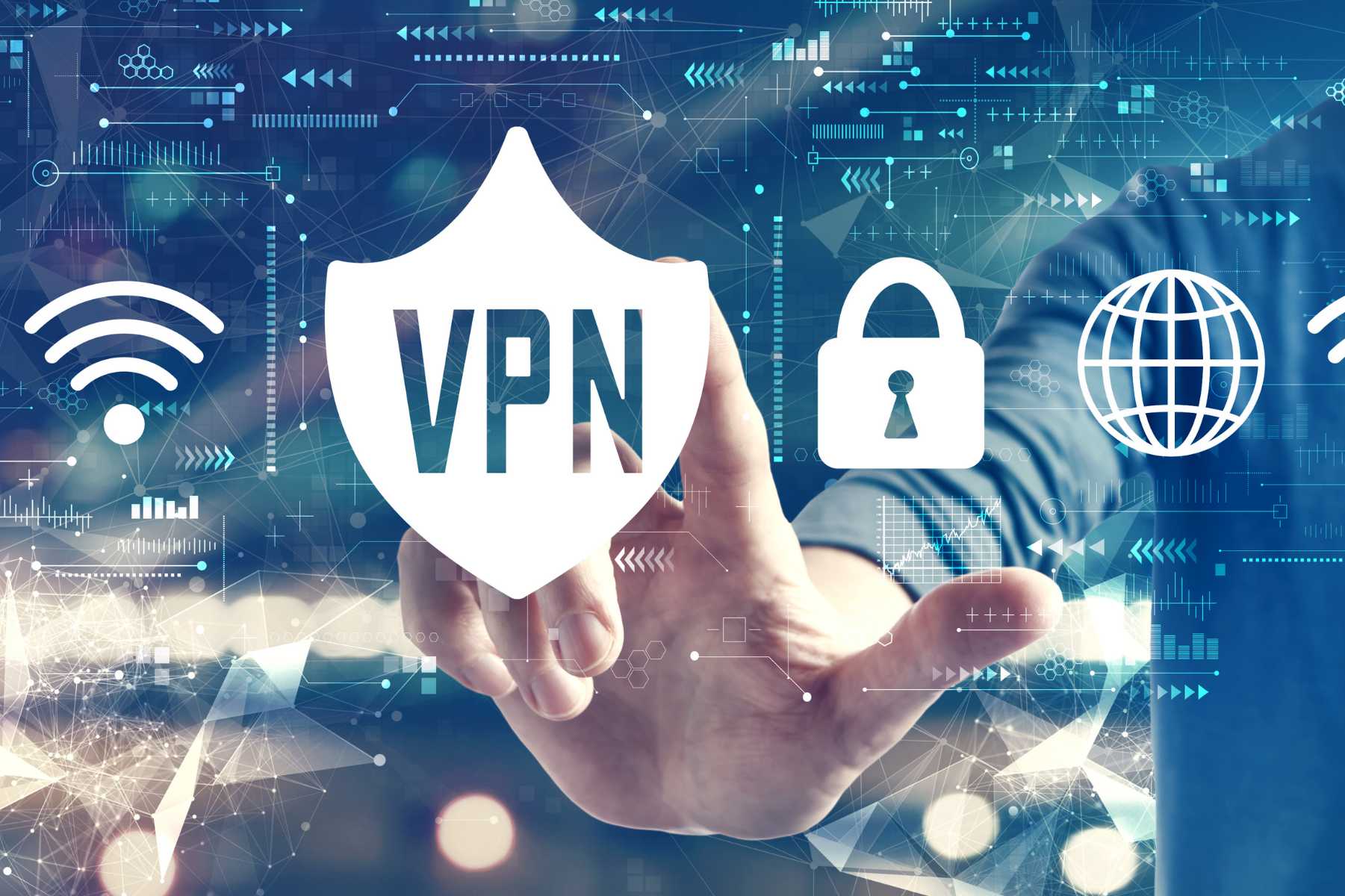
When you’re in China, not all VPNs will work. Some may stop connecting after a few tries, while others can be too slow to even open Messenger. That’s why you need to be careful before choosing one. Here are the things to keep in mind:
Reliability in China
Not every VPN can bypass China’s internet restrictions. Many free or random apps won’t work once you arrive. Choose a VPN that has been tested by other travelers or OFWs in China so you don’t waste time figuring it out.
Speed
Even if a VPN connects, a slow one will make video calls with family choppy or stop you from streaming. Look for VPNs known to keep fast connections so you can still enjoy YouTube, Netflix, or just smooth browsing.
Ease of Use
If you’re not techy, a complicated app will only stress you out. Pick a VPN with a simple interface, one-click connect, and clear instructions. This way, you can set it up quickly, even when you’re rushing at the airport or hotel.
Price
VPNs come with different costs. Some are cheap for long-term plans, while others are pricier but more reliable. Think about how long you’ll stay in China and what you’ll use it for—sometimes it’s worth paying more for peace of mind.
Download Before Flying
This is very important. Most VPN websites are blocked in China, so you might not be able to install one once you’re there. Always download and set up the VPN on your phone and laptop before leaving the Philippines.
Recommended eSIMs Options for China
Tips for Using VPN in China ✈️
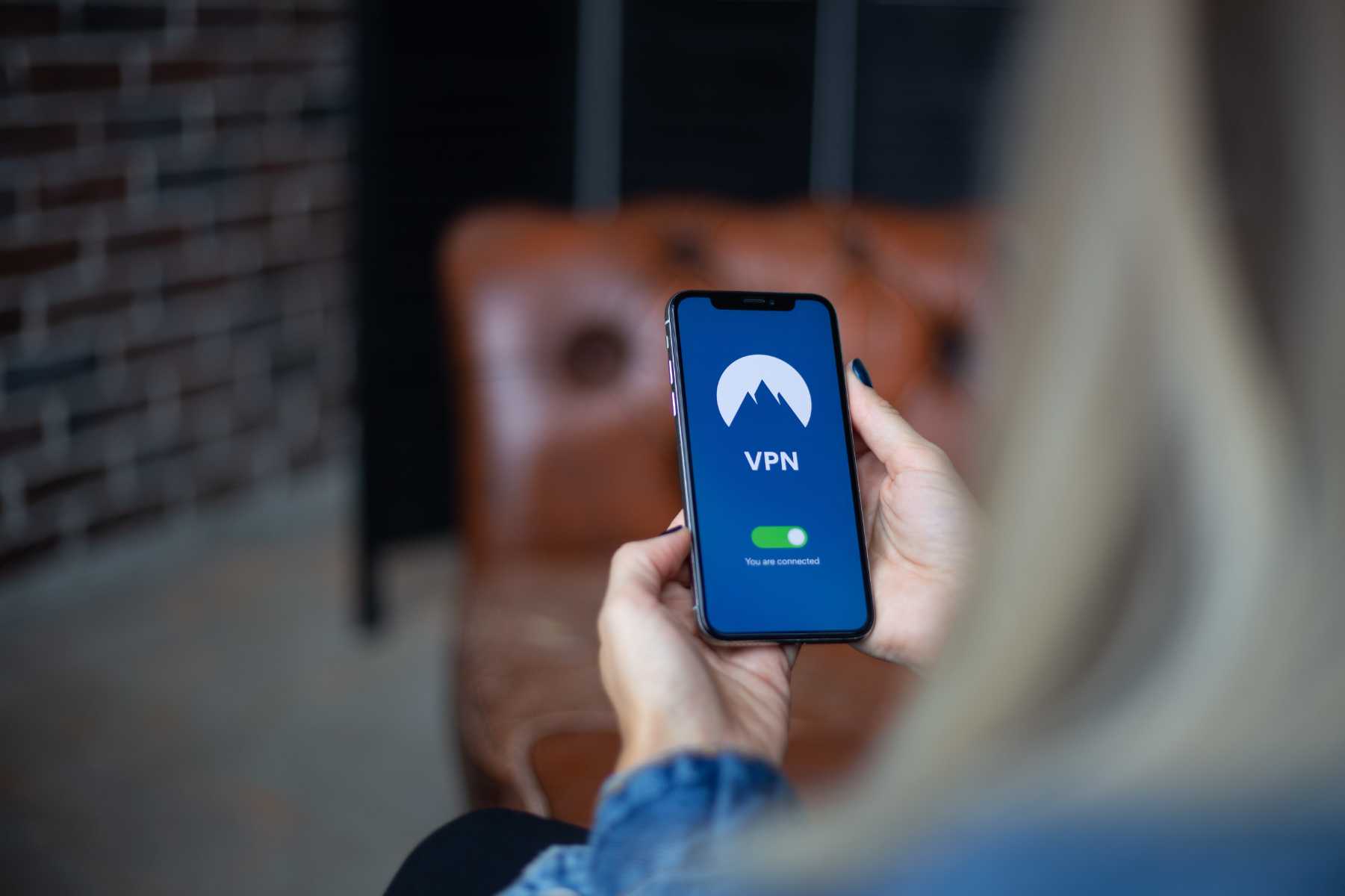
1. Subscribe before leaving the Philippines
VPN websites are blocked in China, so you will not be able to sign up or download once you arrive. Make sure you already have your subscription and the app installed before your flight.
2. Test on both phone and laptop
Do not wait until you are in China to see if it works. Try connecting to the VPN at home in the Philippines on both your phone and laptop to confirm everything is set up correctly.
3. Keep at least 2 VPNs ready
Sometimes even the most reliable VPN will stop working. Having a second VPN prepared ensures you can still access Messenger, Gmail, or other apps without stress.
4. Use nearby servers for faster speed
Choose servers in Hong Kong, Japan, or Singapore. These are closer to China and usually provide smoother video calls, quicker browsing, and less buffering when streaming.
5. Update your VPN app
VPN companies release updates often to improve performance in China. Update your app before your trip and check for updates regularly during your stay.
📌FAQs: Best VPN in China
Is it legal to use a VPN in China?
Yes and no. Some VPNs are allowed if registered with the government. Unapproved VPNs are in a legal grey area. Many travelers still use them, but you should understand the risks. Using a VPN could mean restrictions or penalties in certain places.How do I know a VPN still works in China?
Check recent user reviews from people already in China. See if the VPN has features like “obfuscation,” “stealth mode,” or similar names. These help hide that you're using a VPN. Also test it ahead of time on your devices.Which servers should I choose for best speed?
Pick servers that are physically near China, like in Singapore, Japan, or Hong Kong. Closer servers usually mean less lag. If too far (like US or Europe), your connection may feel slow for video calls, streaming, or uploading.Should I install the VPN before arriving in China?
Yes. That is very important. Once you arrive, many VPN websites are blocked or hard to access. Downloading and setting it up ahead makes your trip smoother.What if my VPN stops working while I’m in China?
Always have a backup VPN ready. Sometimes one server works but another doesn’t. Also change servers from time to time. If all else fails, try restarting your device or switching your internet network (WiFi → mobile data or vice versa).

 652456 booked
652456 booked
